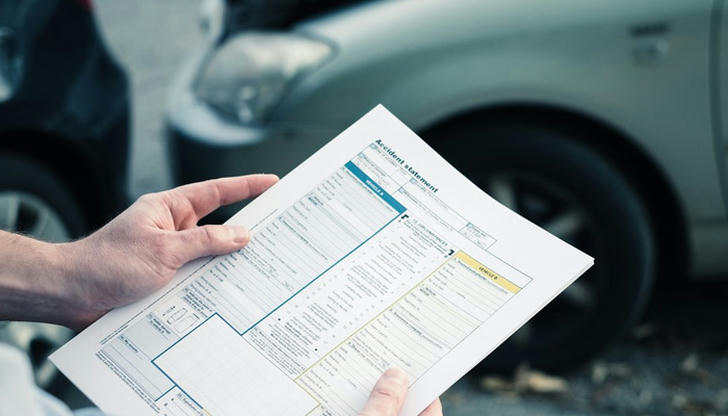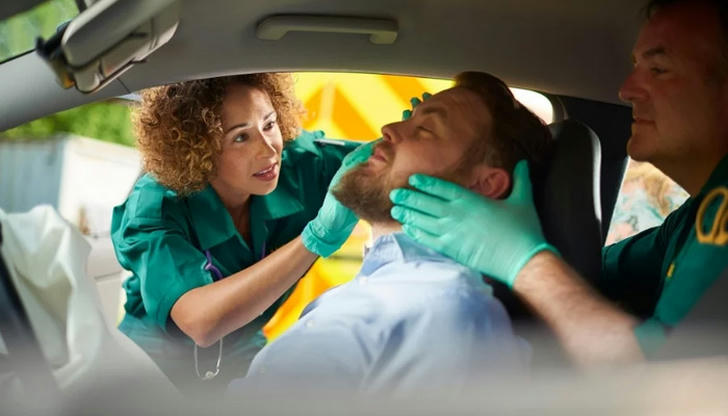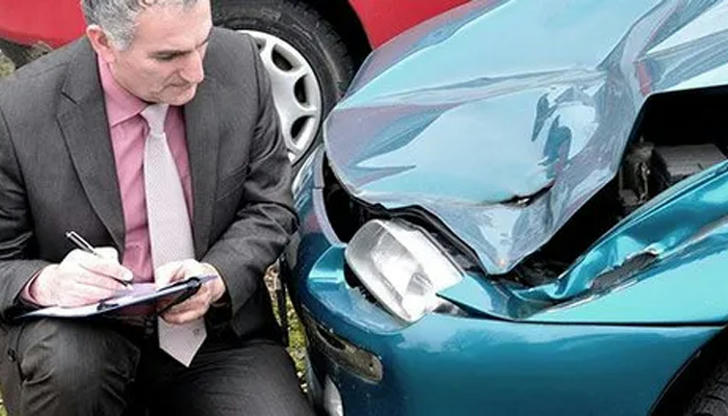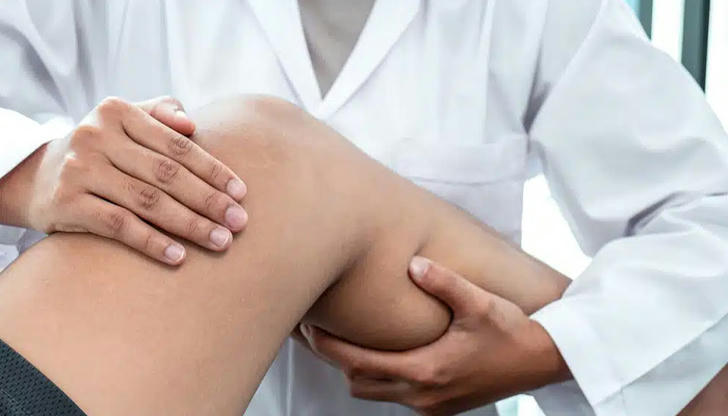Does Health Insurance Cover Auto Accident Injuries

Auto accidents can lead to serious injuries, but many people are unsure whether their health insurance or auto insurance will cover medical costs. The answer largely depends on the specifics of the accident and the coverage policies. Let's dive into the details of how health insurance and auto insurance work together to cover auto accident injuries.
Auto Insurance vs. Health Insurance: Who Covers Accident Injuries?

When you're involved in an auto accident, it’s important to understand the differences between auto insurance and health insurance coverage. Here's a breakdown:
Auto Insurance Coverage
• Personal Injury Protection (PIP): PIP is a common auto insurance coverage that can help cover medical expenses regardless of who is at fault.
• Bodily Injury Liability: This part of your auto insurance pays for medical expenses if the accident was caused by another driver and they are at fault.
• Uninsured/Underinsured Motorist Coverage: If you’re hit by a driver with no insurance or insufficient coverage, this option ensures you’re covered.
• Property Damage Liability: While this doesn't cover medical expenses, it covers damage to your car and other property.
Health Insurance Coverage
• Medical Costs After an Accident: Health insurance can help with medical costs, but it will typically only cover expenses if you’re unable to rely on auto insurance for full payment.
• Co-Pays and Deductibles: Depending on your health plan, you may still need to pay out-of-pocket costs (e.g., co-pays, deductibles) for treatment.
• Long-Term Care: Health insurance may cover physical therapy or surgeries needed for recovery after an accident, but the extent of coverage can vary.
• Accident-Related Care: Health insurance plans typically cover emergency room visits, doctor’s appointments, and surgeries, but you may need to meet certain criteria for full coverage.
How Health Insurance Handles Auto Accident Injuries

If you rely on health insurance after an auto accident, the process can vary. Here's what you need to know:
1. Coverage for Emergency Services
• Emergency Room Visits: If you're taken to the hospital after an accident, your health insurance should cover ER treatment, but keep in mind your policy's deductible and co-pay requirements.
• Ambulance Services: Depending on your insurance plan, you may also have coverage for ambulance transportation, though additional out-of-pocket expenses might apply.
2. Medical Treatment and Rehabilitation

• Surgical Procedures: If an injury from the accident requires surgery, your health insurance can cover the procedure, subject to plan specifics.
• Physical Therapy: Health insurance typically covers rehabilitation therapies like physical therapy or chiropractic services, though frequency and duration may vary.
• Prescription Medication: Health insurance generally covers medications prescribed following an auto accident injury, but make sure your plan includes this benefit.
3. Health Insurance Coordination with Auto Insurance
• Auto Insurance Primary: If you have PIP or other relevant auto insurance coverage, your auto insurance will usually be the primary payer for medical bills.
• Health Insurance Secondary: Health insurance can kick in if there are any remaining costs not covered by auto insurance.
• Subrogation: If health insurance pays for your medical costs, they may seek reimbursement from the at-fault party’s auto insurance, a process known as subrogation.
Key Takeaways

• Auto Insurance First: Auto insurance is generally the first to cover your medical costs after an accident, especially if you have PIP or bodily injury liability.
• Health Insurance as a Backup: Health insurance can help fill in any gaps left by your auto insurance, covering remaining costs like co-pays or long-term rehabilitation.
• Understand Your Coverage: Review both your auto and health insurance policies to ensure you fully understand your coverage limits, deductibles, and out-of-pocket expenses.
By understanding the roles of both your auto insurance and health insurance, you can ensure that you're properly covered in the event of an auto accident.
